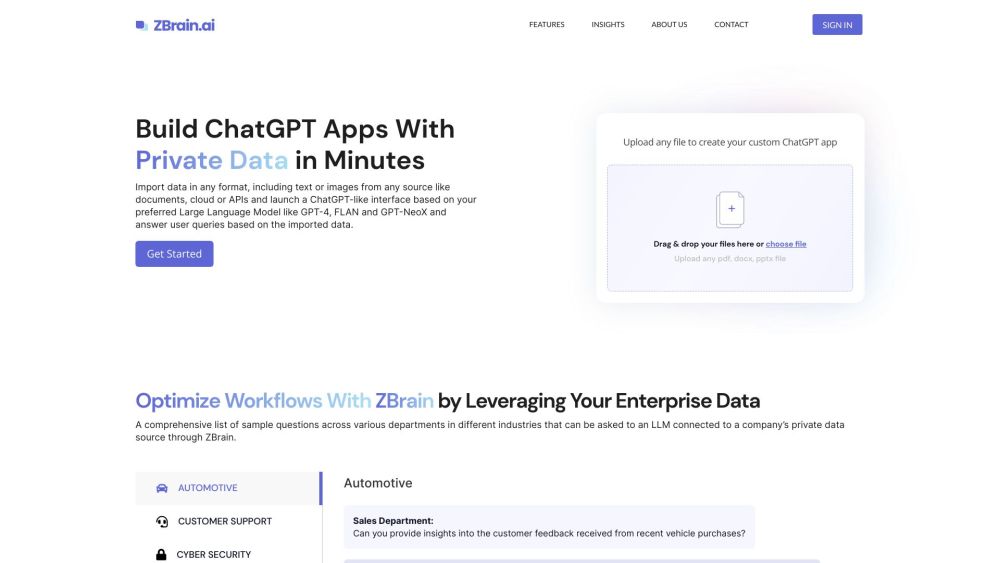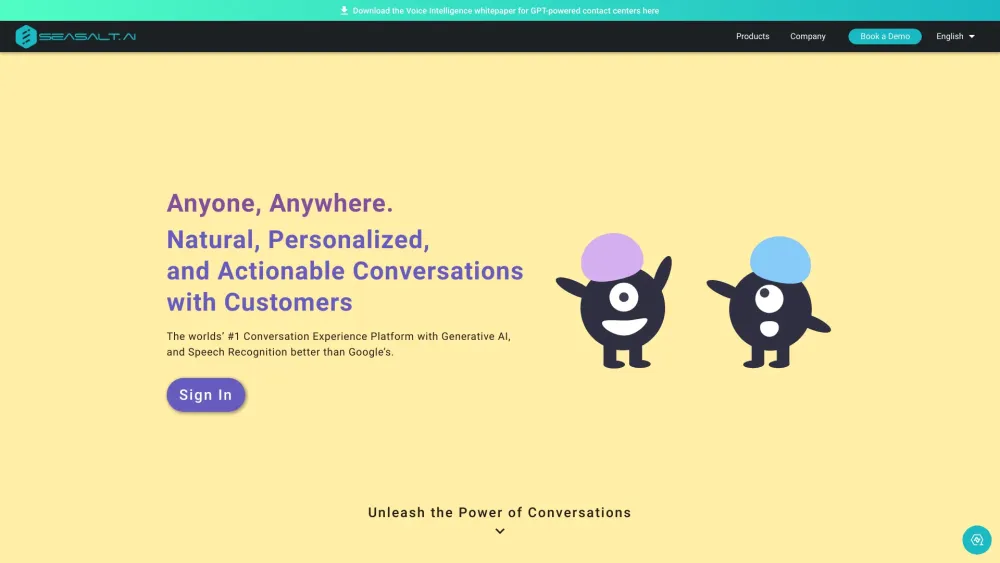Over the Memorial Day weekend, while many Americans enjoyed barbecues and chilled drinks, a heated exchange unfolded on X.com (formerly Twitter) between Yann LeCun, Meta’s chief AI scientist, and Elon Musk, CEO of Tesla and xAI. This clash shed light on the critical issues facing the rapidly evolving and often sensationalized field of artificial intelligence.
The feud sparked on May 26th, when LeCun criticized Musk, who was promoting job openings at xAI. LeCun’s sharp tweet read: “Join xAI if you can handle a boss who claims your work will be solved next year (no pressure), asserts that your work could end humanity and must be halted (6-month vacation?), and professes a 'maximally rigorous pursuit of the truth' while spreading wild conspiracy theories on his platform.”
Musk quickly shot back, questioning LeCun’s recent contributions: “What ‘science’ have you done in the past 5 years?” LeCun rebutted, “Over 80 technical papers published since January 2022. What about you?”
The AI Pioneers: A Contrasting Legacy
At 63, LeCun is regarded as a pioneer in AI, particularly in deep learning, the backbone of technologies like chatbots and self-driving cars. In 1989, he co-authored a foundational paper on convolutional neural networks (ConvNets) while at Bell Labs, stating, “Every single driving assistance system today uses ConvNets.”
Contrastingly, Musk, 52, has had a contentious relationship with the AI community, even as his companies rely on advanced AI technologies. His startup, xAI, aims to develop artificial general intelligence (AGI)—a goal many experts deem premature. Meanwhile, Tesla’s self-driving tech heavily depends on deep learning techniques initially pioneered by researchers like LeCun.
The Necessity of Open Scientific Communication
“Technological breakthroughs don't materialize out of thin air,” LeCun noted. “They are the result of years of scientific research. Innovations stem from shared research findings. Without this openness, progress would stagnate.”
Musk, however, downplayed the significance of scientific publishing, asserting that Tesla no longer extensively uses ConvNets in its self-driving system. LeCun challenged this, asking, “How do you achieve real-time camera image understanding in [Full Self-Driving] without ConvNets?”
In a landscape where corporate opacity around AI is becoming customary—illustrated by organizations like OpenAI and Google DeepMind—experts argue that timely and transparent scientific publications are crucial for the field's advancement. Clem Delangue, co-founder of AI startup Hugging Face, remarked, “Scientists who openly publish their groundbreaking research are essential for technological progress and truly contribute to improving the world.”
Diverging Visions for AI's Future
Both Meta and xAI have experienced significant developments in their respective AI pursuits this year. Meta recently launched LLaMA 3, integrating advanced technologies into platforms like Instagram and WhatsApp, despite watching its market value decline. Conversely, xAI celebrated a $6 billion fundraising achievement while Musk promotes his vision of achieving AGI, though specifics remain unclear.
As LeCun and Musk represent two influential trajectories in AI, this weekend's exchange highlights the open debates shaping the future of this transformative technology. With their interactions unfolding publicly, one tweet at a time, the AI community—and the world—watches eagerly for the next developments. Pass the popcorn.




